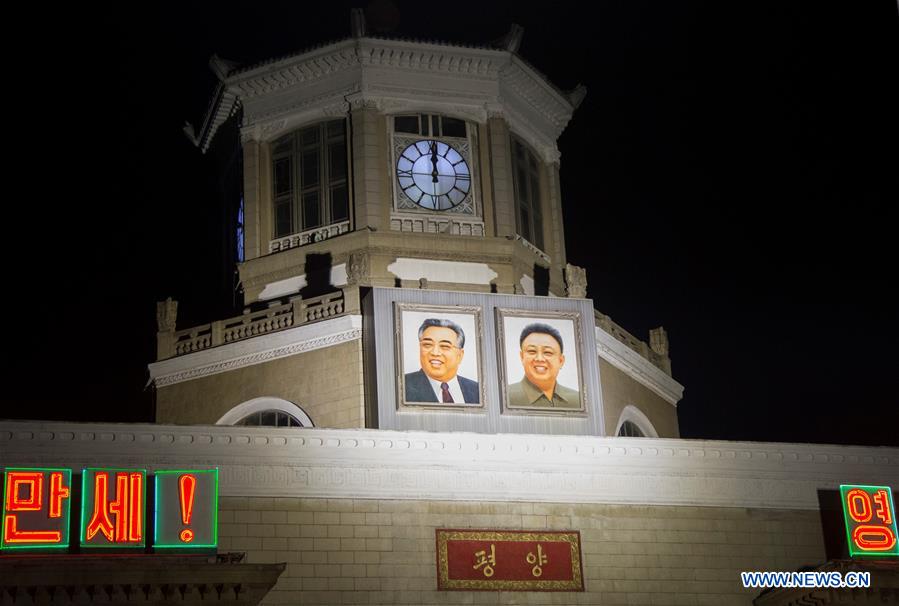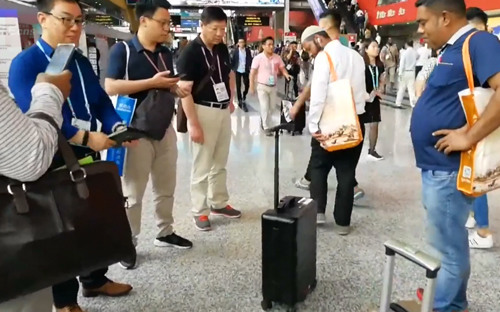
Zheng Qiang, a deputy to the National People's Congress and president of Guizhou University (Photo: China.org.cn/Guo Yiming)
In his 2016 government work report, Premier Li Keqiang highlighted the importance of combating poverty and vowed that impoverished areas will be targeted for the promotion of people's well-being. For Zheng Qiang, president of Guizhou University, fair access to education is essential to the country's planned poverty alleviation efforts. [Special coverage]
"Improvement in educational conditions is important for both the fight against poverty and for increasing people's well-being," said the president of higher education in China's southwestern province of Guizhou, who is also a deputy to the National People's Congress (NPC). He stated that education is as important for poverty relief as infrastructure building.
Guizhou, home to China's largest population of impoverished people, is facing strong challenges related to poverty alleviation.
It still bears a heavy burden regarding effective and targeted poverty relief; the province must lift an annual average of 1 million people out of poverty if it hopes to build a moderately prosperous society by 2020. Zheng said fair access to education plays an important role in the process.
While the province allocates 7 percent of its funds towards supporting education, he still calls for measures on institutional and policy levels in order to tackle the problem on the supply side.
He pointed out a large gap in educational resources among different geographical areas. "In Guizhou, only 16 percent of faculty in higher institutions holds a doctor's degree, while that same rate is over 90 percent in first-tier universities, and over 60 percent in second-tier ones throughout China's eastern regions," said Zheng, who thinks this, to some extent, leads to talent imbalance and problems with unemployment.
"People find it difficult to find a job in talent-rich, developed regions, while companies in less-developed places have difficulty finding competent employees."
He hopes that China will channel more resources to less-developed areas like Guizhou and raise the quality of higher education for the benefit of all.
Poverty alleviation comes from creating a talent pool that can transform the region from a recipient of "blood transfusion" into one capable of "blood creation," which, explained Zheng, is similar to the idiom of "give a man a fish, and he will eat for a day; teach a man to fish, and he will eat for a lifetime."


















































